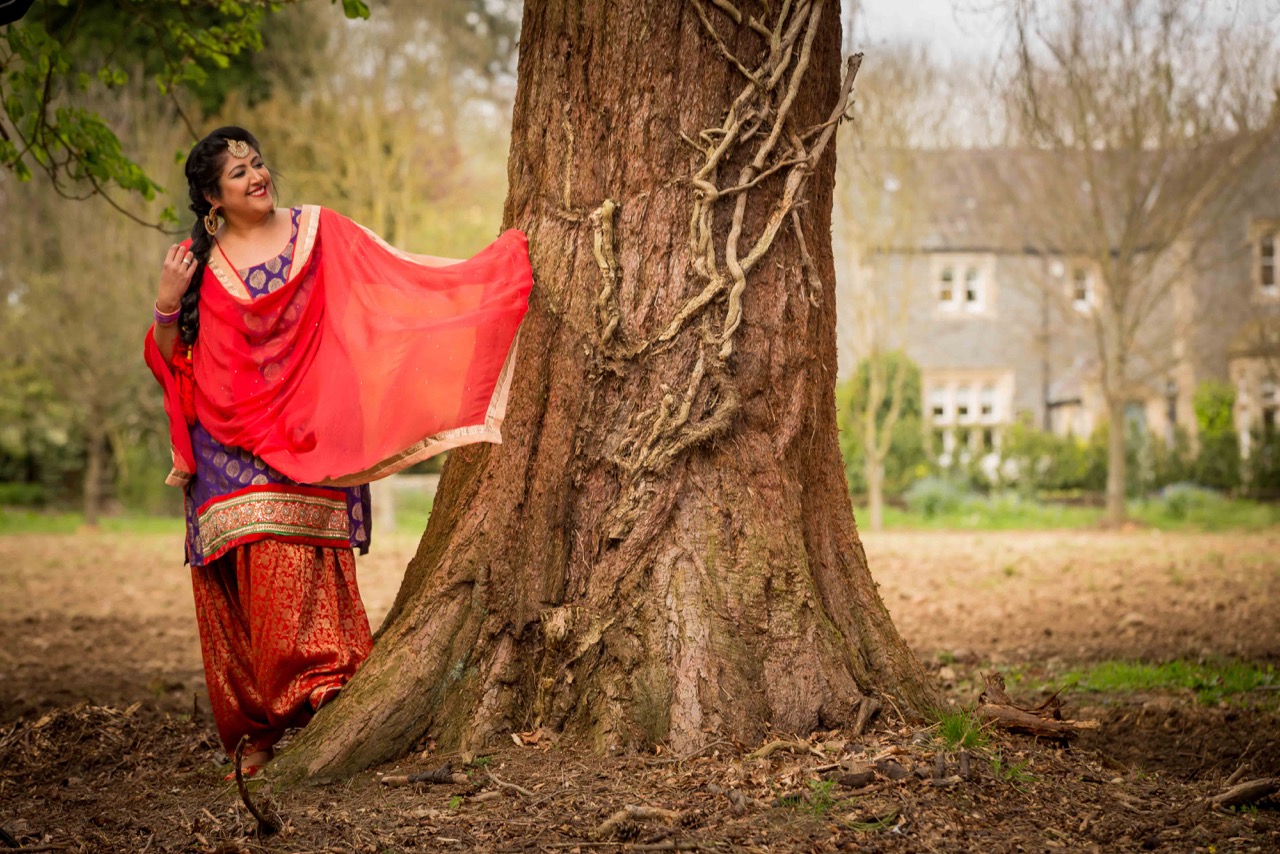
The Speaker’s Advisory Committee on Works of Art have published an open call for applications to be the House of Commons’ Artist-in-Residence, tasked with exploring and celebrating the legacy of the 1965, 1968 and 1976 Race Relations Acts.
To develop their understanding of how Parliament reacted to demands for racial equality, the Artist-in-Residence will travel across the United Kingdom, visiting and working collaboratively with distinct communities affected by the Acts.
In particular, the residency will focus on those with direct experience of life in the UK before the Race Relations Acts, of the campaign for changes in legislation, and of championing the needs of BAME communities today.
Working together with the artist a specific artwork will be created reflecting each community’s unique experience. These artworks will be exhibited locally before being displayed in Parliament at a special exhibition in early 2019, after which they will be returned permanently to the communities that inspired them.
In addition to researching the community’s experience of the Acts through the collaborative workshops the Artist-in-Residence will explore the official records of Parliament, including the records held in the Parliamentary Archives, and meet with parliamentarians, legal experts and social historians.
Upon completing the residency, the artist will be invited to present a proposal, based on their research and experiences, for an artwork for permanent display in the Houses of Parliament and inclusion in the Parliamentary Art Collection.
Alison McGovern MP, Chair of the Speaker’s Advisory Committee on Works of Art, said: “The art on the walls of the Houses of Parliament reflects the values and interests of the Victorians who commissioned it, and it tells a particular story about British history before the twentieth century. Unsurprisingly, it has long been noted that these artworks do not reflect either the modern or historic diversity of the UK’s population.
The Works of Art Committee is committed to rectifying this by increasing, over time, the representation of women and ethnic minorities. We hope to demonstrate through this project that everyone has a stake and a place in Parliament by celebrating the Race Relations Acts, which were so crucial in the development of the more inclusive democracy we live in today.”
Professor Iyiola Solanke, Chair of EU Law and Social Justice, University of Leeds, said: “The Race Relations Act was a bold step towards the creation of a just society in which women, children and men are judged – as so eloquently put by Martin Luther King – not by the colour of their skin but by the content of their character, and this Residency will play an important role in the ongoing effectiveness of the Act.
“The Workshops are an opportunity to link the generations who created it with those who should benefit from it. The particular focus on the experience of those in the UK at the time of its passing in 1965 will generate a valuable record of a seminal epoch in British social and legal life. Art generates conversation and from that conversation the understanding needed to combat the virus of racial discrimination.”















